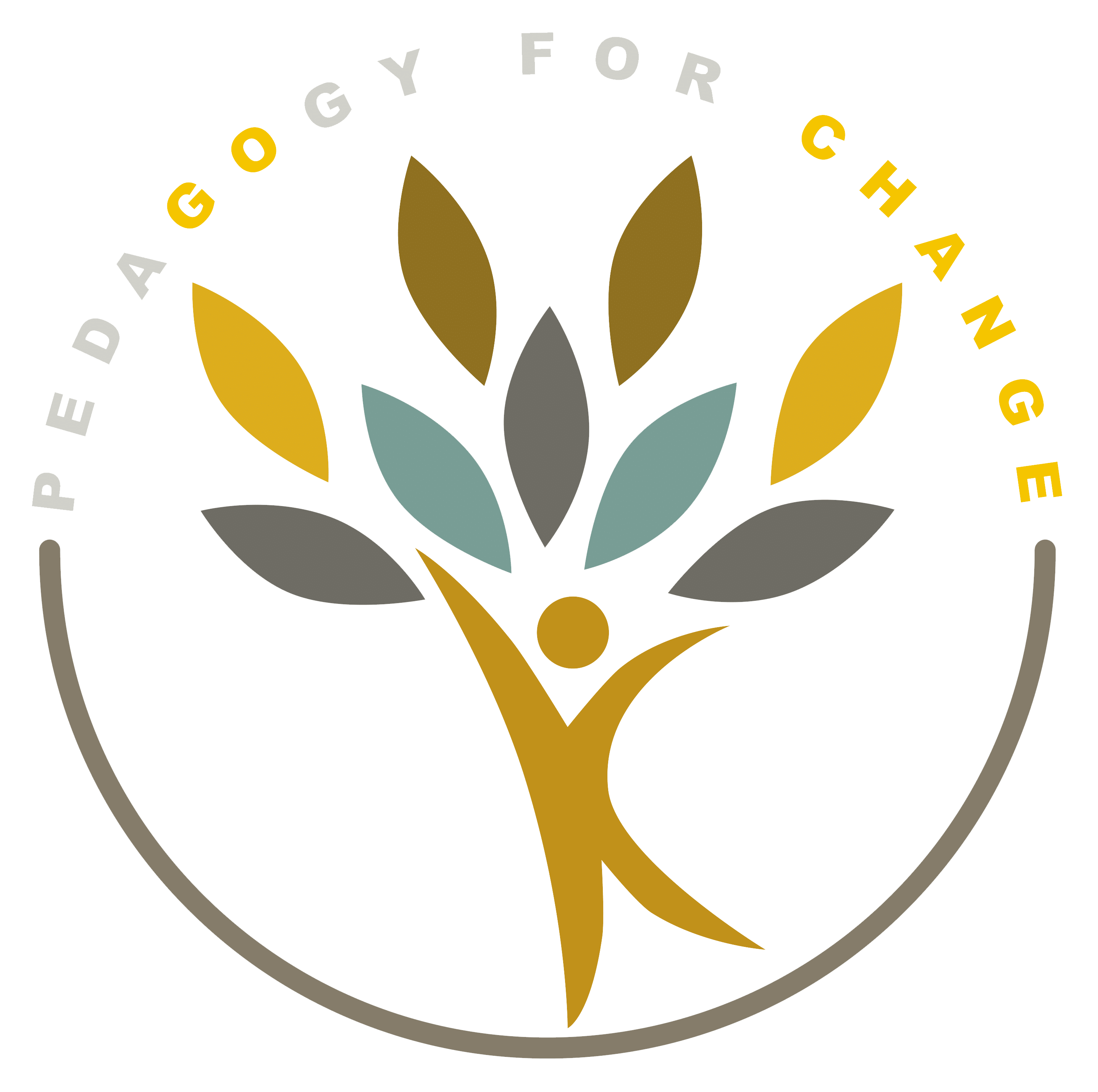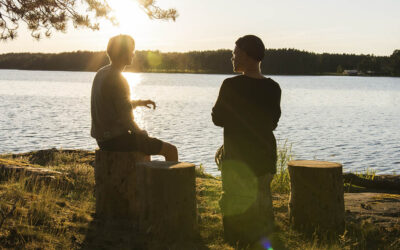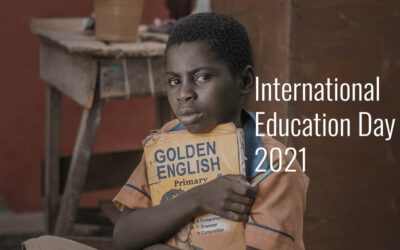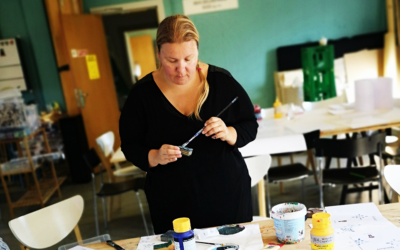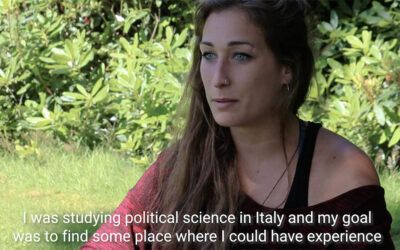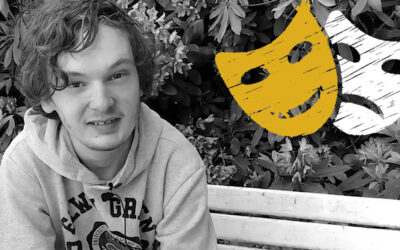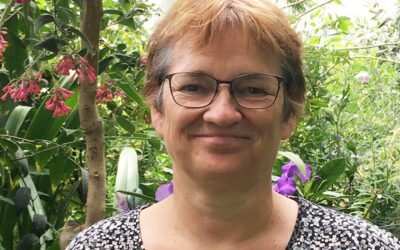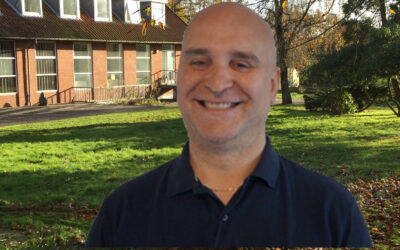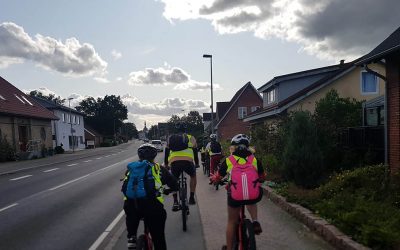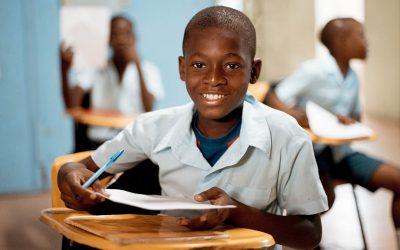

Mobilising Teachers
Never in history has an entire generation of children been educated. This fact serves as a reminder of how much more we can achieve as human race, and a challenge for governments, international aid organisations and all concerned individuals.
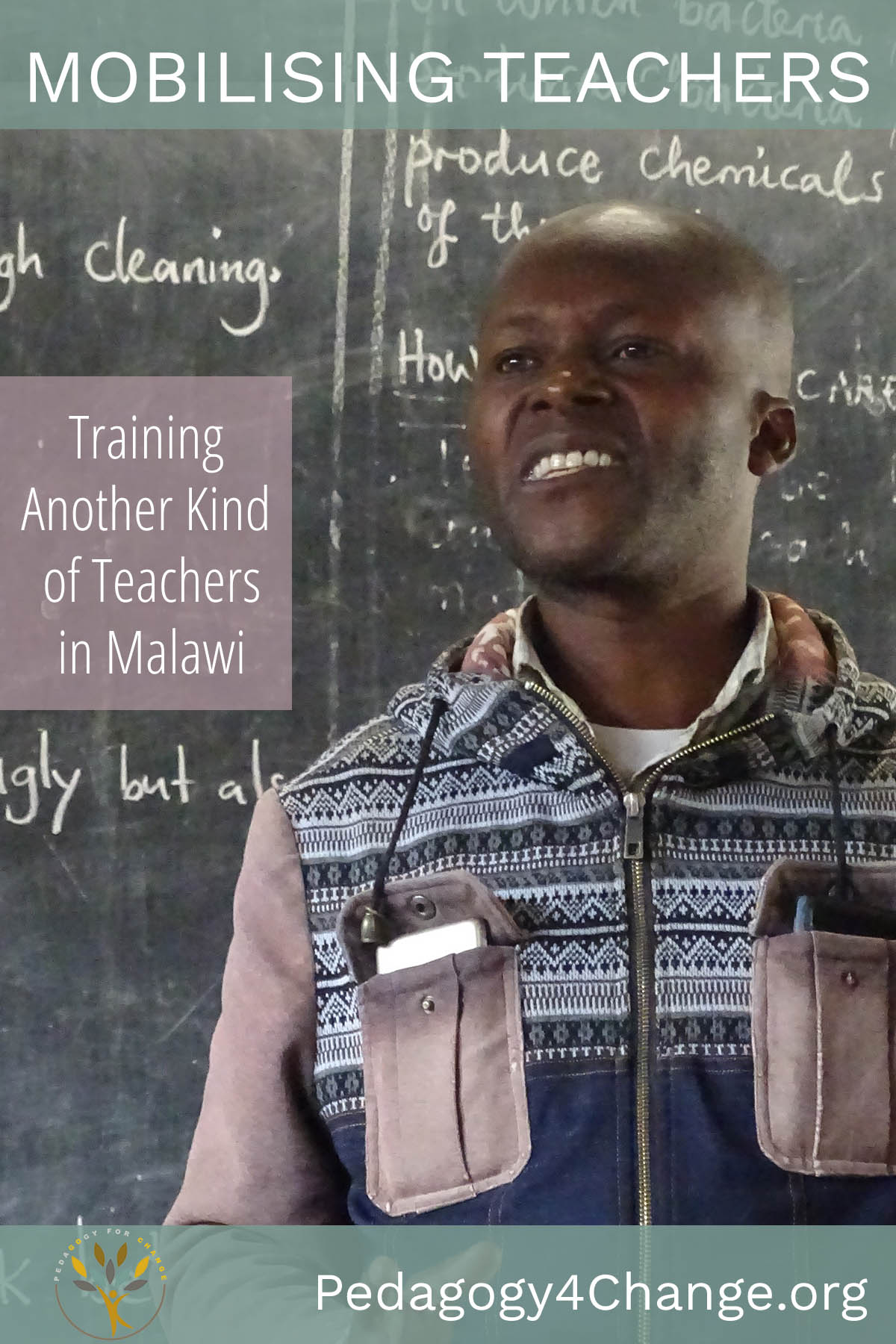
Ideally, those concerned individuals would be all of us, as education is commonly accepted as the most powerful tool towards a democratic, sustainable world of justice and equality. I would like to comment though, that it is learning in general and not education that matters the most for creating a sustainable future.
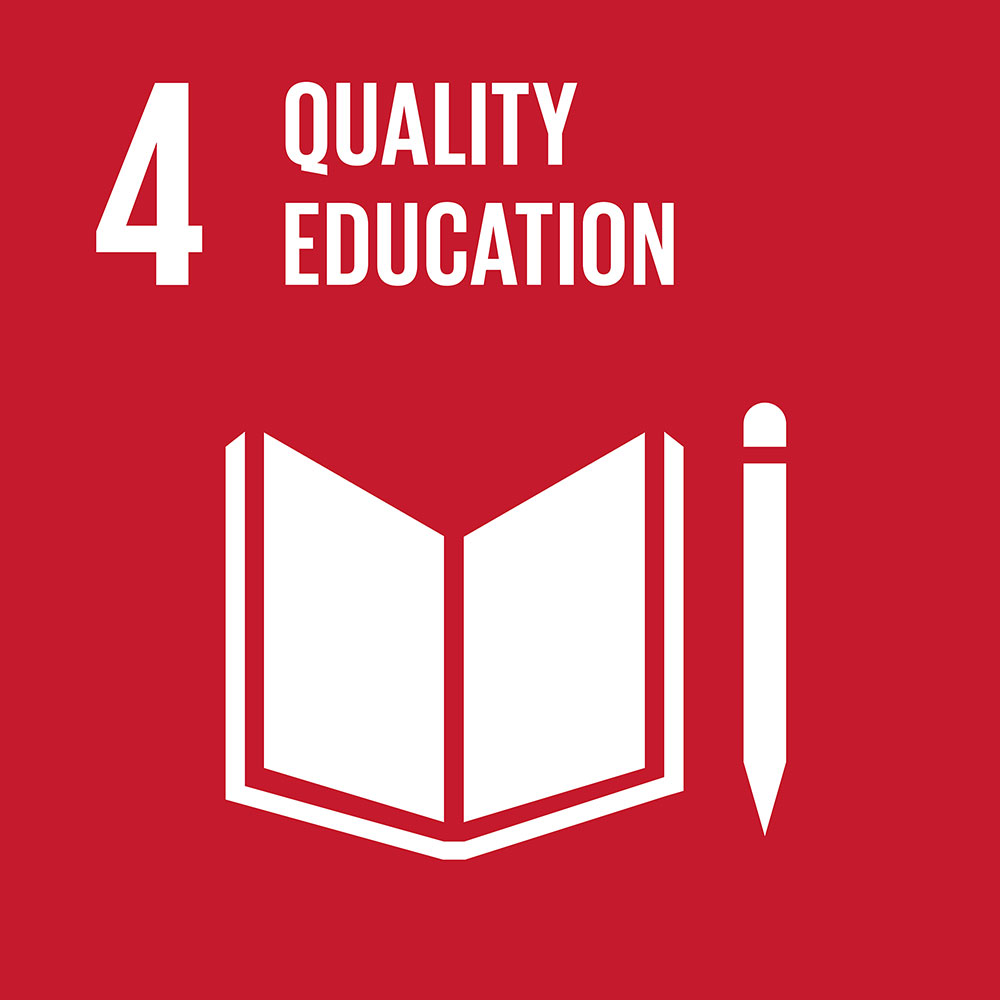
It is the engagement of the children by teachers, families and communities; the connection of learning to the global reality and the required change, as well as the development of social and emotional skills.
These skills far outweigh in importance any of the cognitive learning, or the deposit of informational knowledge. We all ought to learn tolerance, empathy and respect first, before we learn to analyse and critically think about our global challenges and solutions.
Then, we need to learn many different life skills, that would help us sustain a fruitful life in a constantly changing future. We also must adapt to our age and gain the so called “21th century skills” like critical thinking, problem solving, and digital literacy. We must develop the courage necessary for living in a seemingly hopeless world, while at the same time aflame and sustain our creativity.
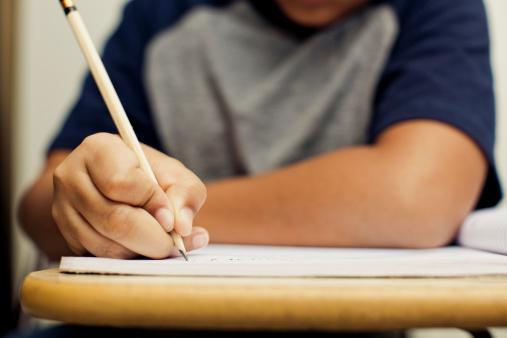
In this way, we will manage to see a way forward. Only when we manage to support and encourage the mobilization of ourselves and others, only when we manage to see both the economic and humanitarian value behind global solidarity, only then we will achieve change. But we need to know better. And the teachers among us, the concerned individuals should be the first to show the way. Teachers, we are to lead by example, and to trace the way for the ones to follow.

“We must develop the courage necessary for living in a seemingly hopeless world, while at the same time aflame and sustain our creativity.”
MORE GOOD STUFF ABOUT PEDAGOGY
Inclusive Communication: 10 tips
Inclusive communication means sharing information in a way that everybody can understand for example people on the autism spectrum who need clearness and unambiguity.
Education cannot wait
Under the theme ‘Recover and Revitalise Education for the COVID-19 Generation,’ we reiterate our commitment to stand alongside national governments in delivering education to all.
Pedagogical Principles – an artistic expression
Graphic designer Eike Einmann designed 10 posters to represent the main pedagogical principles that lay the foundations of “Another Kind of School”.
Greta: “Let’s grow, together”
Greta was looking for community based opportunities after completing her studies in political science. She gained valuable hands-on experience by encountering Danish & Malawian culture.
Drama as a pedagogical tool
A theatre project is an excellent way to bring people together, unleash hidden talents, strengthen self-esteem and build community through a creative process.
Helle at Bogense Care Home
Helle works in a care home in Bogense. She has experience with international development as well as social education work. In this blog post she talks about what kind of work the care home does.
Giampaolo at Helios Free School
After completing the 24 month Pedagogy for Change course, Giampaolo went on to continue a life of teaching in Denmark, taking on new challenges and adventures. Read his story here.
Experiential Learning
Helios Free School is situated in Holsted in southern Jutland, approx. 100 kilometres from the German border. The teachers at the school take their students on expeditions to experience reality.
Needed: 69 million teachers
Teachers worldwide are doing a fantastic job to provide quality education despite the pandemic. However, over 69 million new teachers are needed in the near future.
